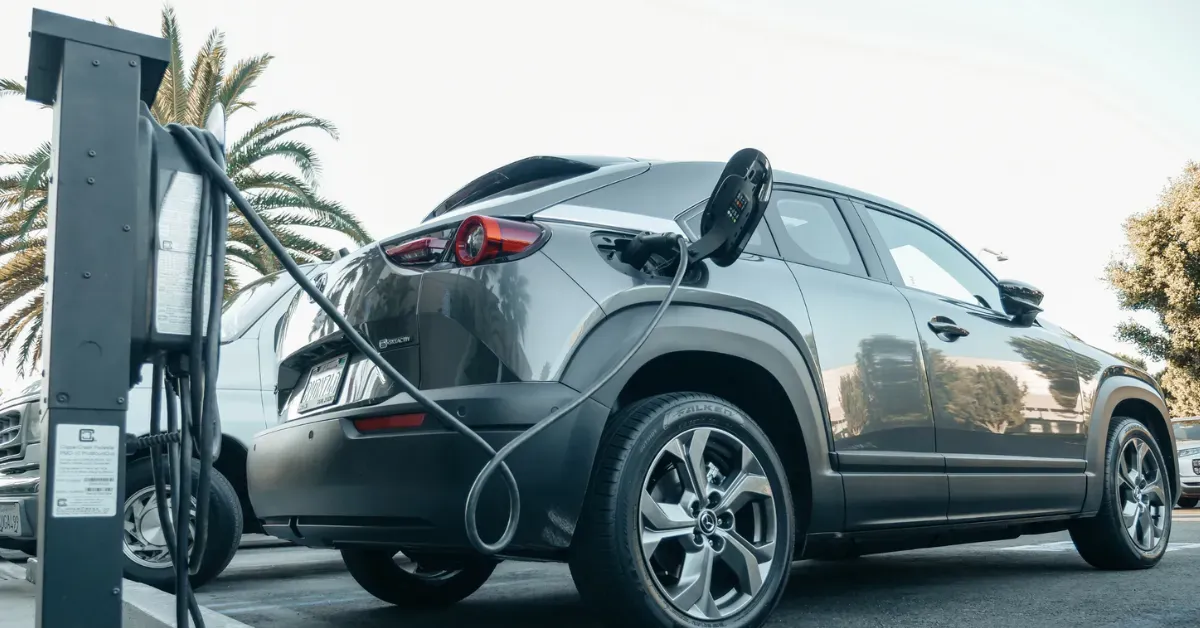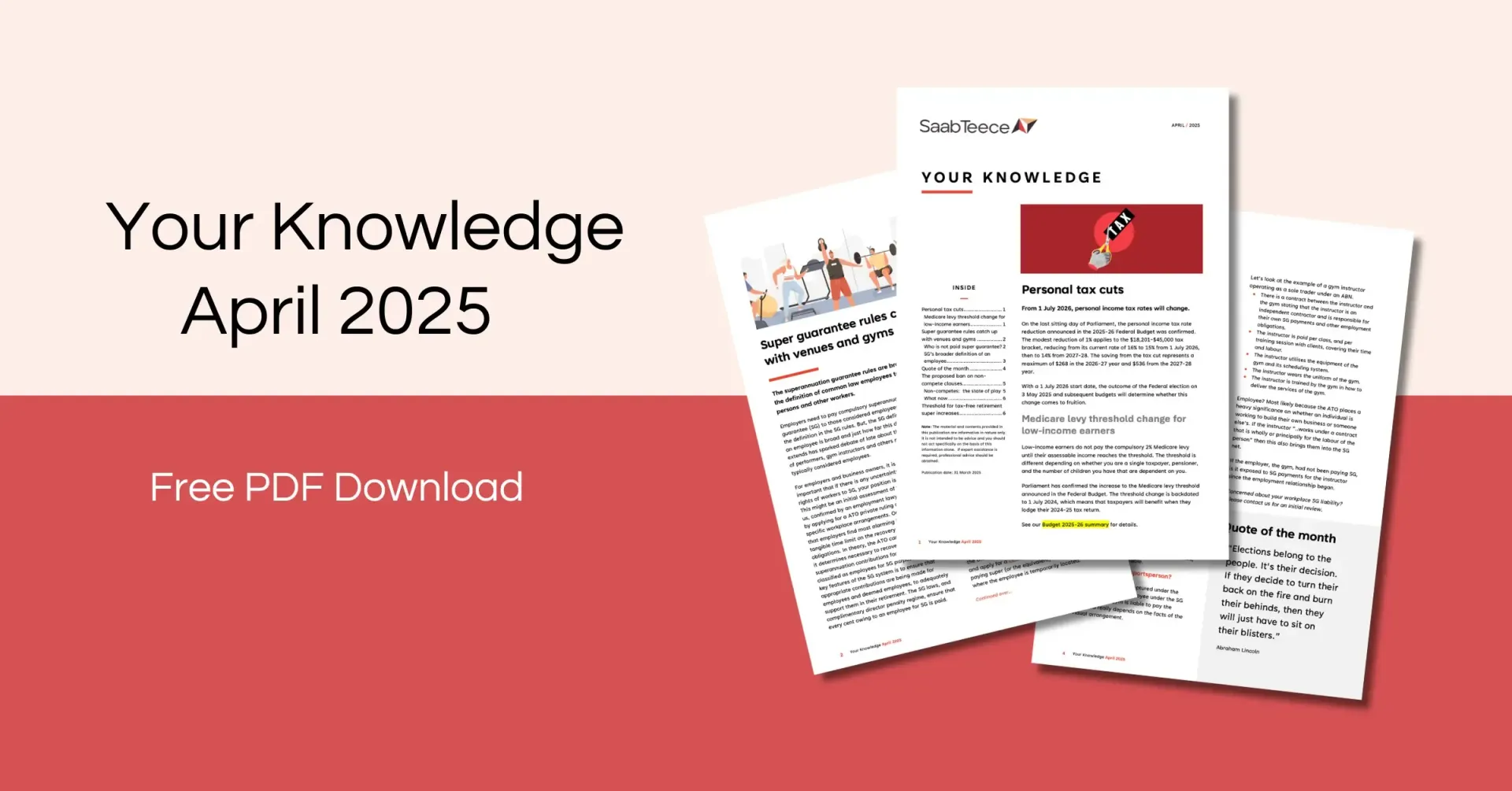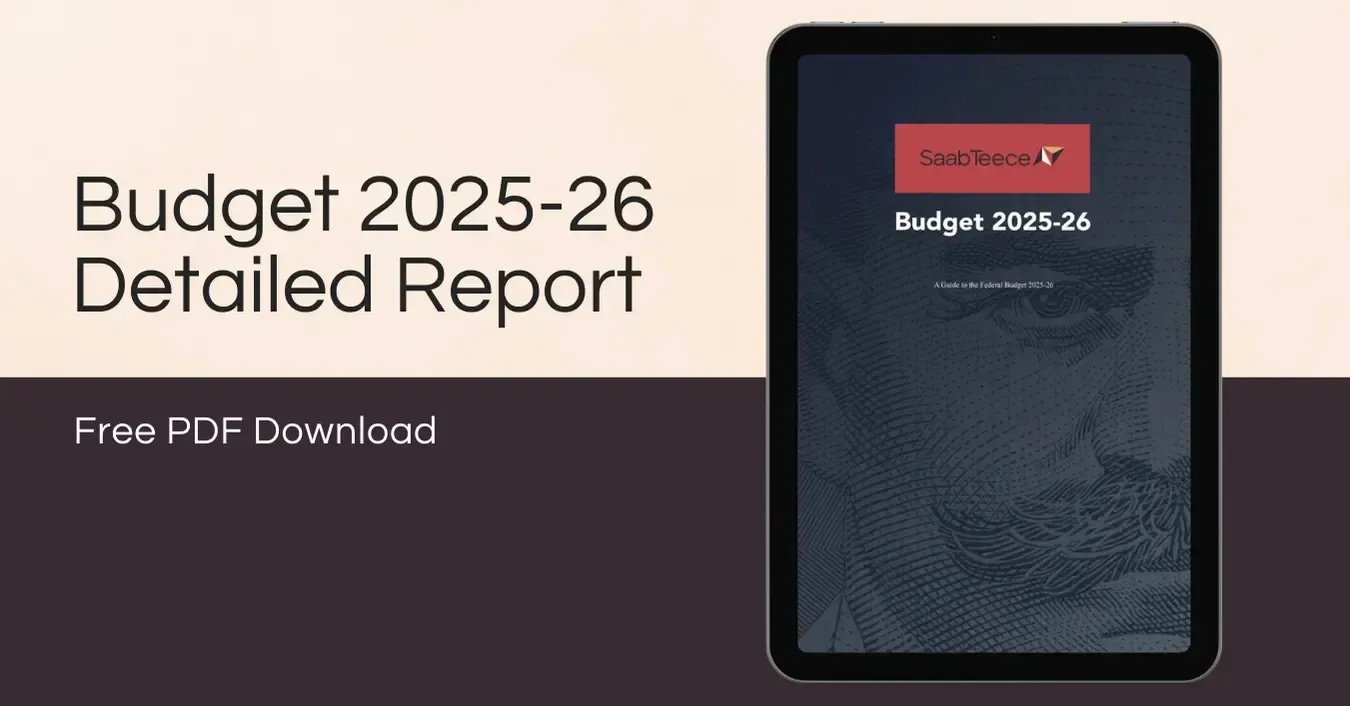Fringe Benefits Tax Exemption for Electric Cars
Electric cars represent a small but growing proportion of the new car market in Australia. To encourage Australians to make the shift, the Government passed legislation that provides a Fringe Benefits Tax (FBT) exemption for certain no or low emissions vehicles from 1 July 2022.
Effective from 1 July 2022, employers will no longer have to pay Fringe Benefits Tax (FBT) on eligible electric cars and associated car expenses if all of the following conditions are met:
- The car is a zero or low emissions vehicle. A zero or low emissions vehicle is a battery electric vehicle, a hydrogen fuel cell electric vehicle, or a plug-in hybrid electric vehicle. Note that from 1 April 2025, plug-in hybrid electric vehicles will not be considered zero or low emissions vehicles under FBT law. However, the exemption will still apply if the use of the plug-in hybrid electric vehicle was exempt before 1 April 2025, and there is a financially binding commitment to continue providing private use of the vehicle on and after 1 April 2025.
- The exemption only applies to vehicles that are “cars” for FBT purposes; designed to carry a load of less than one tonne and less than 9 passengers. Other types of electric vehicles, such as electric motorcycles and scooters, will not qualify for the exemption.
- The first time the car is both held and used is on or after 1 July 2022. Second-hand cars that were used or purchased prior to 1 July 2022 (by the first purchaser) will not be eligible for the FBT exemption.
- No amount of luxury car tax was payable on the supply or importation of the car. This means that the value of the car at the first retail sale must be below the luxury car tax threshold for fuel efficient vehicles ($84,916 in 2022–23).
Where these conditions are met, the FBT exemption will extend to the associated car expenses for that vehicle (registration, insurance, repairs or maintenance, and fuel costs).
If your business provides these benefits to employees (including directors and their associates) your business will still need to work out the taxable value of the car benefit as if the FBT exemption didn’t apply. This is because the value of this exempt car benefit is still taken into account in the reportable fringe benefits amount of the employee. While income tax is not paid on this amount, it can impact the employee in a range of areas (such as the Medicare levy surcharge, private health insurance rebate, employee share scheme reduction, and social security payments).
As always, do not hesitate to contact us if you have any questions.
Kind Regards,
SaabTeece
Recent Posts









